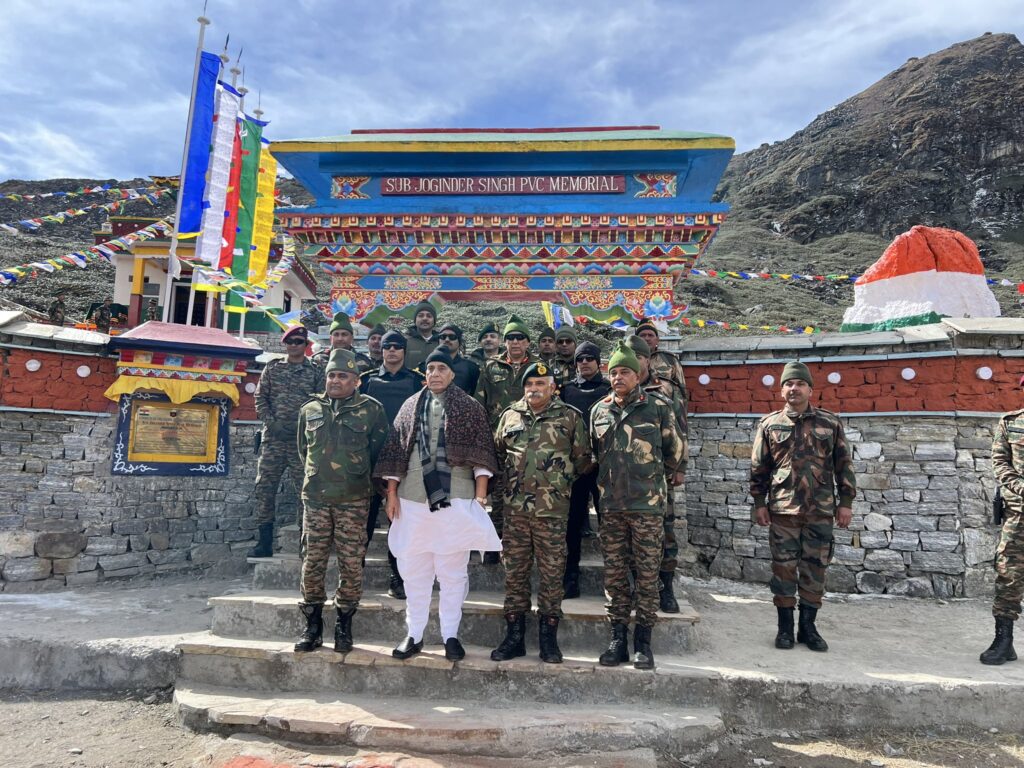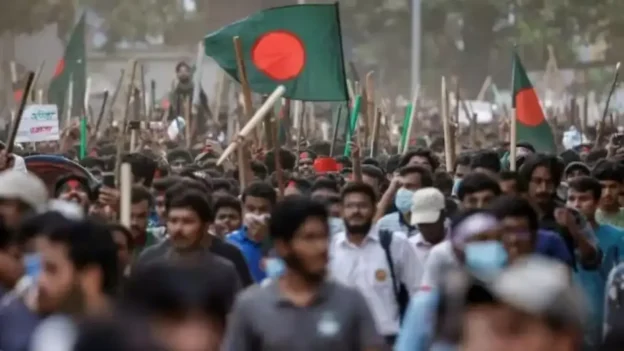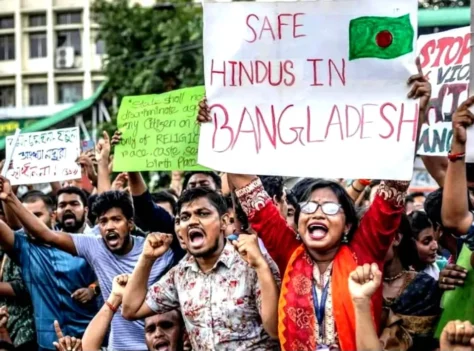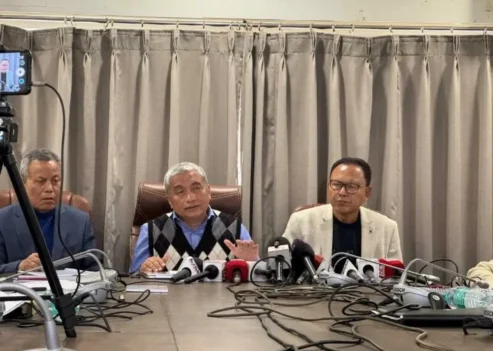In an address during an election rally at Namsai in Arunachal Pradesh East Constituency, Defense Minister Rajnath Singh criticized China’s recent actions of renaming several places in Arunachal Pradesh. He challenged the efficacy of such renaming tactics, questioning whether altering names could alter territorial boundaries. Singh emphasized that Arunachal Pradesh remains an integral part of India, regardless of any naming alterations by China.
Singh’s remarks came days after China’s Ministry of Civil Affairs renamed 30 additional locations in Arunachal Pradesh, an action strongly rebuffed by India as baseless and unacceptable. Singh pointedly queried whether similar renaming attempts by India in China would result in territorial acquisition. He cautioned that such actions could exacerbate tensions between the two nations, underlining India’s commitment to maintaining peaceful relations with all neighbors while asserting its sovereignty.
Furthermore, Singh accused the Congress of neglecting Arunachal Pradesh and the northeast during its decades-long rule, asserting that the Modi government has prioritized development in these regions. He highlighted the government’s initiatives, including the UNNATI scheme aimed at fostering industrial growth and employment opportunities in the Northeast.
Singh underscored the strategic significance of Arunachal Pradesh for India and outlined various developmental projects initiated by the BJP government, such as the Sela Tunnel and the Dibang multi-purpose power project. He emphasized Prime Minister Modi’s dedication to advancing the region’s prosperity, envisioning it as a gateway to Southeast Asian countries.
Shah commends Modi in safeguarding India’s borders; criticises Nehru’s approach
Union Home Minister Amit Shah, addressing a public rally in Assam’s Lakhimpur, emphasised the stark contrast between India’s present stance and its history, particularly the 1962 conflict with China. Shah lauded Prime Minister Narendra Modi’s leadership, asserting that under his guidance, India has effectively protected every inch of its territory.
Drawing attention to historical events, Shah pointed out how past conflicts, like the 1962 debacle, witnessed Chinese incursions extending as far as Tezpur in Assam. He criticized the response of then-Prime Minister Nehru, highlighting what he perceived as a lackluster approach that left Assam and Arunachal Pradesh vulnerable.
Shah contrasted Nehru’s handling of the situation with Modi’s adept management of international affairs, citing India’s firm response to the Doklam standoff as an example. He portrayed this as a demonstration of India’s resilience against Chinese aggression on the global stage.
Turning to the development narrative of the Northeastern states, Shah emphasised the significant progress observed since 2014. He highlighted Modi’s frequent visits to the region as evidence of the government’s steadfast commitment to fostering its growth and prosperity. Shah stressed the crucial role these states play in the nation’s overall progress, underlining the necessity of their development for India’s advancement.







